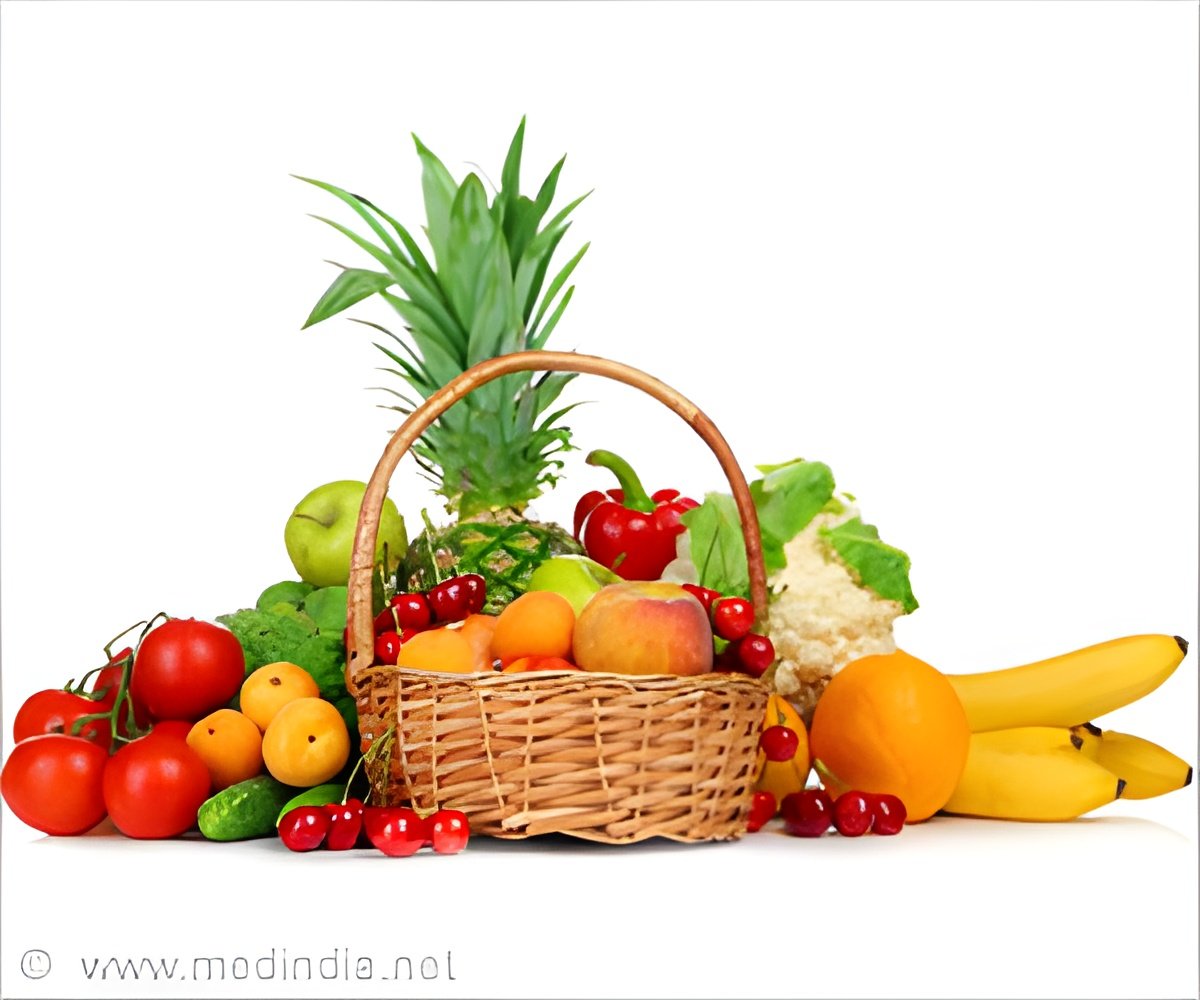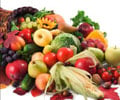During 2007-10, 76% did not meet recommendations for fruit intake and 87% did not meet vegetable intake recommendations, reveals a new report.

California ranks highest in consumption of both fruits (17.7% of adults) and vegetables (13%), while at the bottom of the list are Tennessee for fruit consumption (7.5%) and Mississippi for vegetable consumption (5.5%).
Eating more fruits and vegetables increases intake of essential nutrients and reduces the risk for heart disease, stroke and some cancers. Fruits and vegetables also help manage body weight when eaten instead of more energy-dense foods, note the report authors, Dr. Latetia V. Moore, of the CDC, and Dr. Frances E. Thompson, of the National Cancer Institute.
For their analysis, the authors used data for 2013 from the Behavioral Risk Factor Surveillance System (BRFSS). The BRFSS - which in 2013 covered 373,580 respondents - is an ongoing, state-based telephone survey of US adults that collects data on a number of health-related areas, including food and disease.
The survey asks people questions about the types of fruits and vegetables they eat and how frequently they eat them. The categories include: 100% fruit juice, whole fruit, dried beans, dark green vegetables, orange vegetable and other vegetables.
The authors compared the responses to the nationally recommended guidelines which state that adults who engage in less than 30 minutes of moderate physical activity daily should consume 1.5-2.0 cup equivalents of fruit and 2-3 cups of vegetables daily. (Adults who are more physically active may be able to consume more to match their increased calorie needs.)
Advertisement
Because of changes to how the survey was done and the types of questions it asks, it is not possible to compare the results with those of previous years, say the report authors.
Advertisement
Source-Medindia















